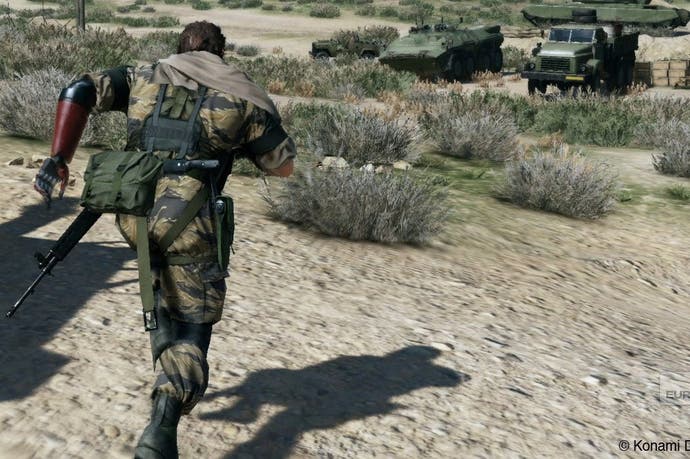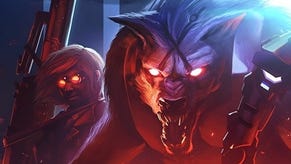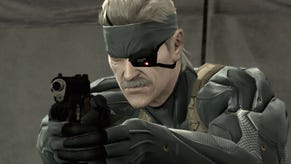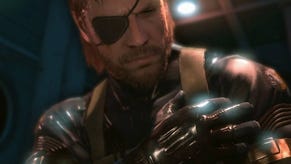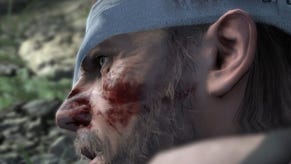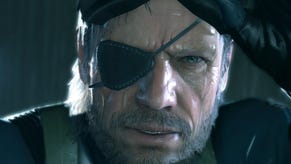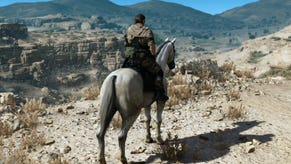Eurogamer's Games of 2015 no. 2: Metal Gear Solid 5: The Phantom Pain
Grinding gears.
Metal Gear Solid games have often had a tension running through them - between the player and their purpose in the sublime Sons of Liberty, or between the mechanics and the cinematic pretensions in the ridiculous Guns of the Patriots. Phantom Pain, which still stands with the benefit of a few month's hindsight as the greatest Metal Gear Solid of them all, is riddled with a different kind of tension. It may well be a tension that's existed in the series' past, but it's the first time it's made itself known so explicitly in-game.
Metal Gear Solid 5: Phantom Pain is the troubled child of a strained relationship, the rift that so famously opened between creator Hideo Kojima and Konami running a line through its rangy open world. It's a game that soars with ambition, yet has its flight cut short, one that delivers delicious open-ended epic action then falls spectacularly flat in its final moments. It's a project started with the best intentions, but one that was never quite finished. It says much about the quality of what Kojima Productions achieved with its inspired retooling of its series that, despite its many problems, still emerges as an absolute masterpiece.
As a reinvention of Metal Gear Solid as an open world game, it's utterly triumphant. Infiltrating an Afghanistan base under cover of night, you get the sense that it was all building up to this, threads started on Shadow Moses, on Big Shell and in the jungles of Tselinoyarsk all coming together in the perfectly weighted movement of Snake, the assortment of hardware at your disposal and the systems that run impossibly deep. Each game in the series, from 1987's Metal Gear through to 2010's Peace Walker, feels like a step towards this ultimate goal.
It's a different type of Metal Gear game, but a very familiar one too. The off-beat humour that's been a mainstay of the series finds itself wholly channelled into the world itself, where bears cast you quizzical looks in the brief seconds before the Fulton parachute you've attached to their hides sends them rocketing skywards, or where you waltz away from a fight with a 40-foot mech wearing a cardboard box with an anime doll plastered all over it. It's a game where the camaraderie and intimacy that coursed through the story of each previous Metal Gear Solid is now found in the passenger seat of your jeep as you look down to D-Dog, your trusty canine companion who's fitted out in a bomb disposal outfit and who can slit an enemy's throat at your command.
Such details are a good substitute for the arching tale that's long defined Metal Gear Solid, though they sometimes fail to satisfy in the same way. The satire and self-reflection is there to be found, but they rely too much on the clunky exposition of audio tapes over the player's actions and the world they explore. By the time The Phantom Pain has twisted its way to a conclusion, there's a strong sense of anti-climax, an ill-fitting end to a story that's tied together some of the greatest games of the last 25 years.
Maybe we should just be grateful for the hours of exquisite play that come before the conclusion, though - hours where Metal Gear Solid delights and surprises, and where it fulfils the promise of everything that went before it. It's not perfect, but then again no-one really expected it to be either. Such is the way with Metal Gear Solid, it seems - forever flawed, and never anything less than fascinating.
